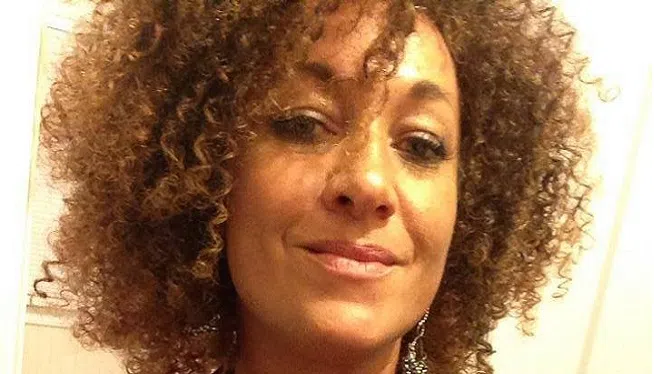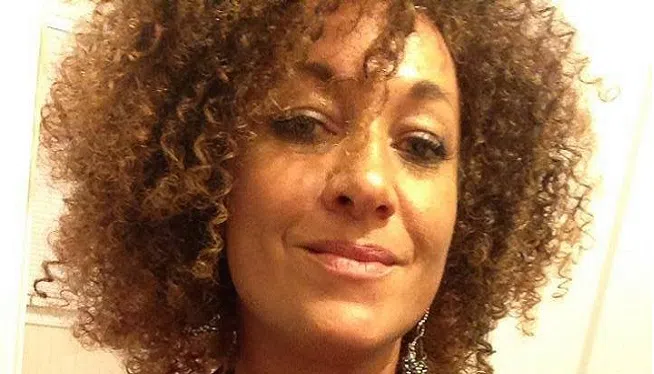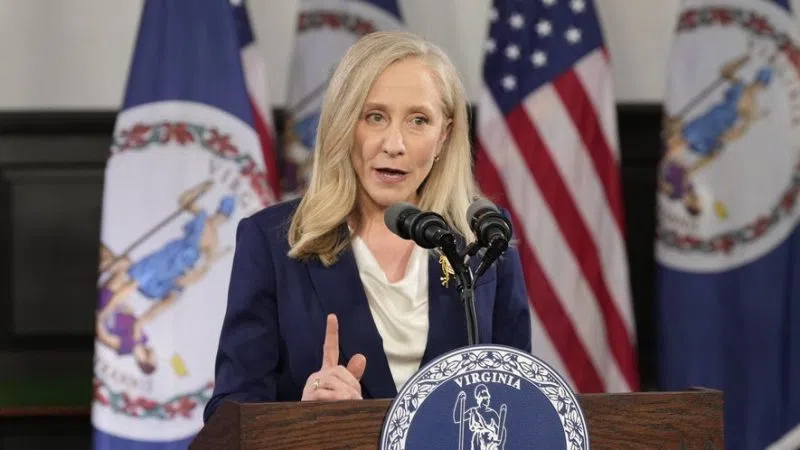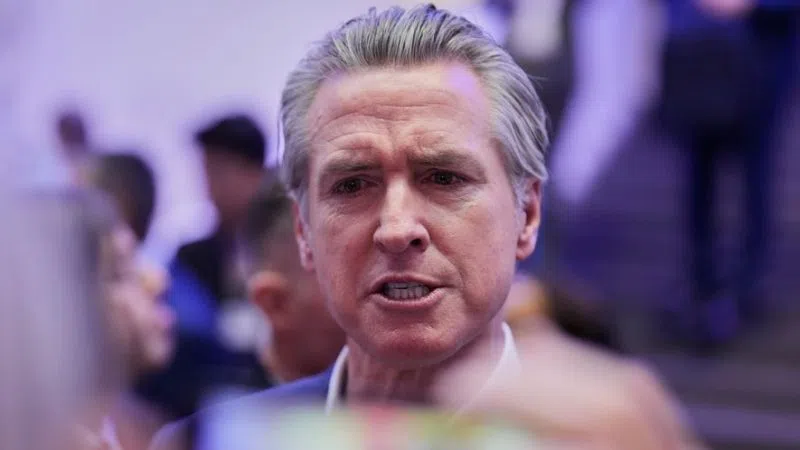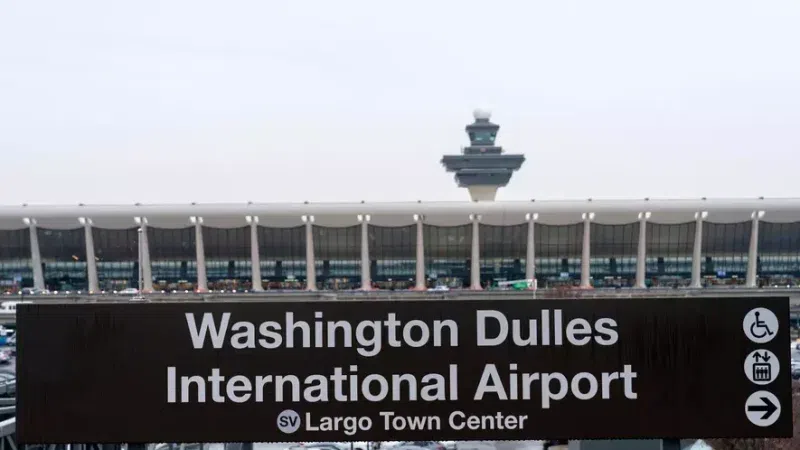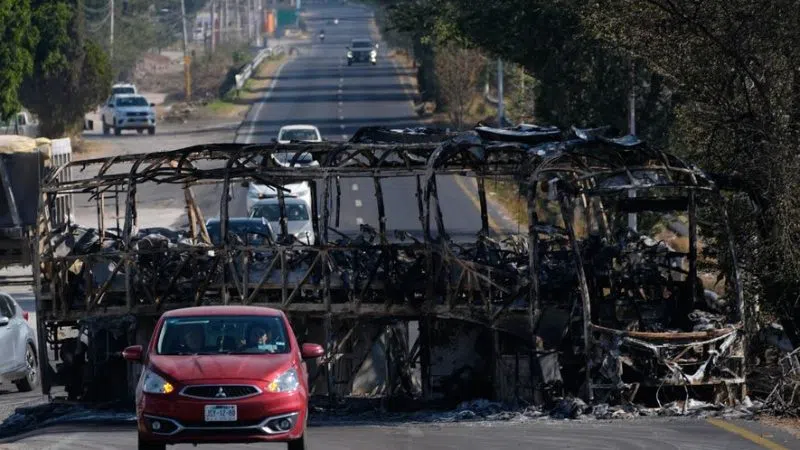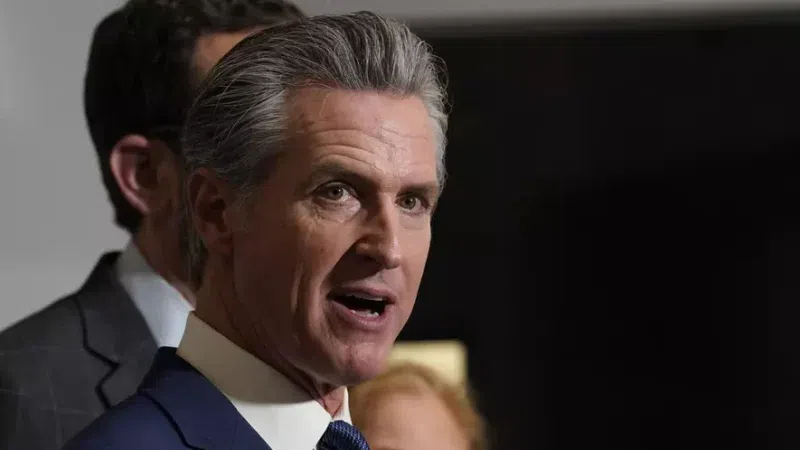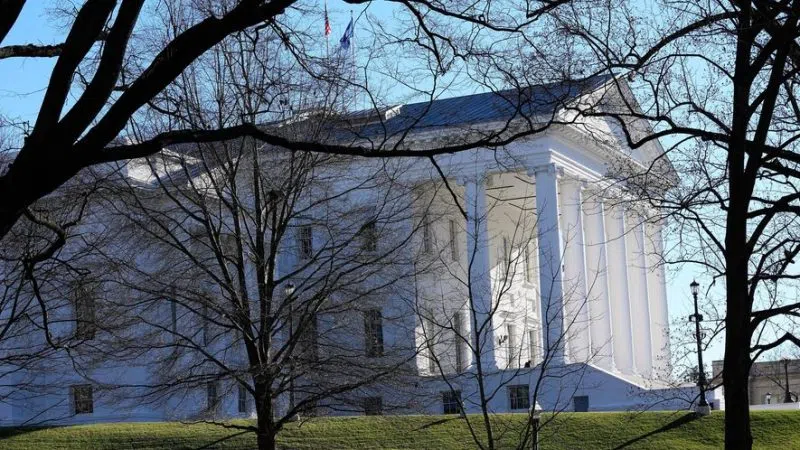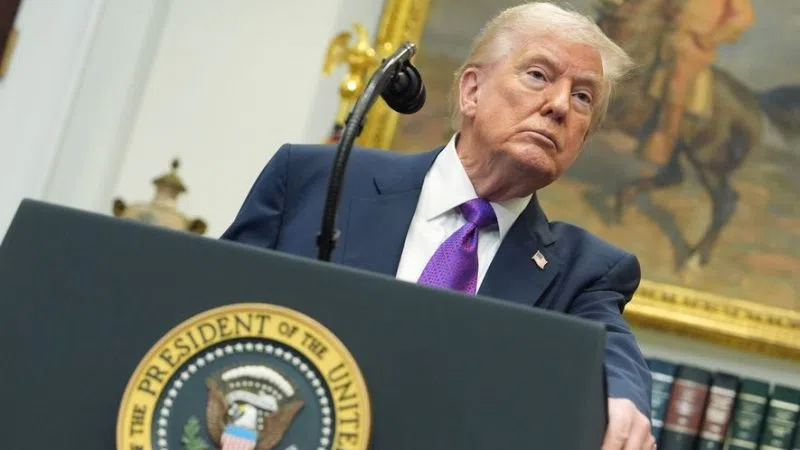SPOKANE — (CNN) Rachel Dolezal — fresh off of stepping down as head of the Spokane NAACP chapter over criticism that she’s portrayed herself as black, even though she was born white — stood by that self-assessment Tuesday, insisting, “I identify as black.”
Dolezal did not deny her parents are white, that she was born white, or that she has changed how she looks at herself over the years in an interview on NBC’s “Today” show. And she admitted not having corrected various published reports over the years labeling her as transracial, biracial and black.
At the same time, Dolezal — while admitting she might have conducted some interviews differently — insisted she’d do the same thing again overall when it comes to how she has portrayed herself racially.
“My life has been one of survival,” she said. “And the decisions that I have made along the way have been to survive and to carry forward in my journey and life continuum.”
The comments were Dolezal’s first since she announced her resignation Monday as head of the NAACP chapter in Spokane, Washington, amid allegations she lied about her race. The idea someone might misrepresent themselves by claiming they were black, then earn a leadership position in one of the nation’s top advocacy groups for African-Americans, stirred a social media firestorm when the news broke last week.
Some defended her by pointing to her activism and efficacy as a leader, while adding that someone shouldn’t be barred from being a civil rights leader because they’re white. Others blasted her for lying and charged that she’d diminished the real struggles of African-Americans by claiming she had suffered hurtful racism like them, even though she grew up white in Montana, and had used that identity to advance her career as an activist.
Asked if she’d have been as effective had she presented herself as white rather than African-American, Dolezal said Tuesday, “I don’t know. I guess I haven’t had the opportunity to experience that in those shoes. So, I’m not sure.”
Dolezal’s parents aren’t buying her story. They’ve been at odds with and haven’t talked to their daughter for years. They played a big part in driving the story by painting her as dishonest and deceptive to reporters. Talking Monday night on CNN, her mother Ruthanne Dolezal went so far as to characterize her daughter as being “irrational and very disconnected from reality,” while her father, Larry, said her actions aren’t those of “a normal sane person.”
Such criticism continued Tuesday, with the Dolezals lambasting more of what they called blatant lies on the “Today” show.
“She’s still dodging the question about acknowledging who she is in reality,” Ruthanne Dolezal said. “(The NBC interview) was disturbing because the false statements continue. And as much as we’re concerned with Rachel’s identity issues, we’re also concerned with her integrity issues.”
Dolezal calmly made her case Tuesday morning, answering questions from NBC’s Matt Lauer on specific criticisms while standing by her actions overall.
One of them was her pronouncement a few months ago touting an appearance by someone who she described as her dad — along with a picture of a black man, not Larry Dolezal. Rachel Dolezal explained that she’d formed a close connection with a man in northern Idaho, who is the man in the photo, and she considers him her dad.
“Any man can be a father,” she said. “Not every man can be a dad.”
As to whether or not she’d altered her complexion to look less white and more black, Dolezal said she has “a huge issue with blackface” and “actually had to go there with the experience, not just a visual representation.”
“I certainly don’t stay out of the sun,” she added. “I also don’t … put on blackface as a performance.”
While she and her birth family are estranged, Rachel Dolezal says she has the full-fledged backing of her sons — one of whom was one of the four black children who had been adopted by her parents.
“One of my sons yesterday (told me), ‘Mom, racially you’re human and culturally you’re black.’ I do know that they support the way I identify. And they support me.”
The clues can be found in her 5-year-old self-portraits, Dolezal explained. She’d use brown crayon, rather than peach, to portray herself, and she’d have black, curly hair, not the straight, blonde locks she grew up with.
Her parents have admitted Rachel Dolezal connected early with African-Americans, saying promoting diversity was part of her upbringing. She’d go on to attend college in Mississippi and then — after submitting an art portfolio with pictures of black people — her graduate studies at Howard University.
Ezra Dolezal, who was adopted by Larry and Ruthanne Dolezal as a baby when Rachel was about 15 years old, remembers his sister as being good to talk to and liking and encouraging art.
Around 2006 — as the rest of the family, but not Rachel, was preparing to leave Africa, where they had lived for four years — “she cut off the family,” Ezra Dolezal told CNN’s “New Day” on Tuesday. This split became pronounced when Rachel took custody of one of her adopted brothers, who is now her own adopted son.
“She made stories up and threatened to take my parents to court,” Ezra Dolezal claimed, adding his parents didn’t fight her in hopes that would allow them to continue to have a relationship with Rachel and the child.
As to her identifying as a black woman, Ezra Dolezal said he wishes she’d “stop being angry at everybody” and “be a little more honest” — especially about claims of having suffered racism during her life.
“It’s merely her integrity,” he said. “I think that’s the main issue.”
Yet Rachel Dolezal challenged assertions that she’s been deceiving people, insisting, “It’s a little more complex than me identifying as black or answering a question of being black or white.”
She admits the controversy, especially the timing of it, caught her off guard. But her hope is that some good comes out of it, if it changes how some people think about identity.
“The discussion is really about what it is to be human,” Dolezal said. “And I hope that that really can drive at the core of definitions of race, ethnicity, culture, self-determination, personal agency and, ultimately, empowerment.”
The-CNN-Wire ™ & © 2015 Cable News Network, Inc., a Time Warner Company. All rights reserved. (PHOTO: CNN/Eastern Washington University)
